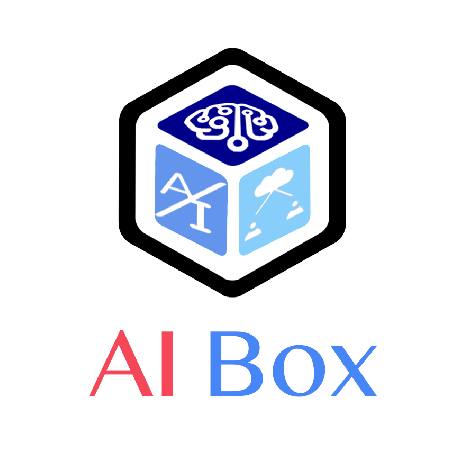Discover and explore top open-source AI tools and projects—updated daily.
recommendation by  amitkaps
amitkaps
ML/DL workshop for building recommendation systems
Top 60.3% on SourcePulse
This repository provides a comprehensive workshop on building recommendation systems using machine learning and deep learning techniques. It targets data scientists and engineers looking to understand and implement various recommendation paradigms, from content-based to hybrid approaches, using diverse data types like tabular, images, and text. The benefit is a structured learning path with practical examples and code for building robust recommendation engines.
How It Works
The workshop covers a wide spectrum of recommendation methodologies, including matrix factorization, auto-encoders, Wide & Deep models, and sequence modeling. It emphasizes practical implementation using Python's data science stack (NumPy, Pandas, Scikit-learn) and deep learning frameworks (Keras, TensorFlow, PyTorch), alongside specialized libraries like implicit and lightfm. The approach is modular, guiding users through data acquisition, feature engineering, model design, training, evaluation, and serving.
Quick Start & Requirements
- Install: Primarily uses Python libraries. Installation typically involves
pip install <library_name>for dependencies like NumPy, Pandas, Scikit-learn, Keras, SpaCy,implicit, andlightfm. - Prerequisites: Python 3.x, standard data science libraries. Specific models might require GPU acceleration for efficient training.
- Resources: Setup involves installing Python packages. Training deep learning models can be resource-intensive, potentially requiring GPUs.
- Links:
Highlighted Details
- Covers both explicit and implicit feedback mechanisms.
- Explores various embedding techniques and domain signals (location, time, context, social).
- Demonstrates models like Neural Collaborative Filtering and Variational Autoencoders for Collaborative Filtering.
- Includes libraries for similarity search (Annoy, FAISS) and leveraging auxiliary data (Cornac).
Maintenance & Community
The repository appears to be a static workshop resource, with no explicit mention of active maintenance, community channels (Discord/Slack), or a roadmap. The primary contributor is amitkaps.
Licensing & Compatibility
The repository's README does not explicitly state a license. It is built using standard Python libraries, which generally have permissive licenses compatible with commercial use. However, the absence of a declared license requires careful consideration for commercial applications.
Limitations & Caveats
This repository functions as a workshop and collection of notebooks rather than a deployable library. Users will need to adapt the code for production environments, and there's no mention of pre-trained models or deployment-specific tooling. The content is based on a 2019 conference, so newer techniques might not be covered.
3 years ago
Inactive

 TannerMidd
TannerMidd westlake-repl
westlake-repl hannawong
hannawong bytedance
bytedance metarank
metarank datawhalechina
datawhalechina RUCAIBox
RUCAIBox daicoolb
daicoolb shenweichen
shenweichen PaddlePaddle
PaddlePaddle codeheroku
codeheroku lazyprogrammer
lazyprogrammer